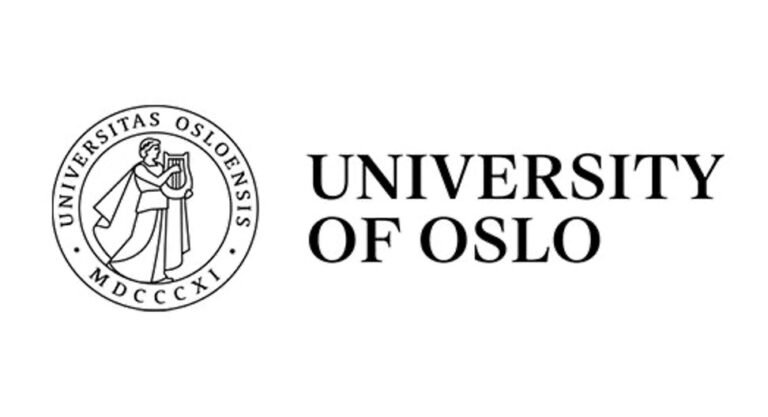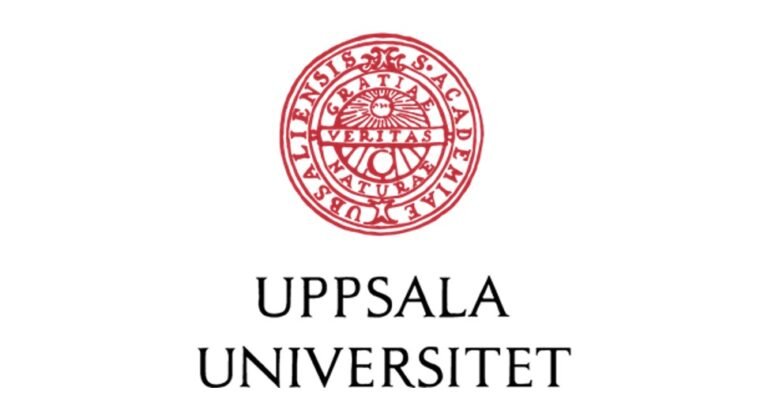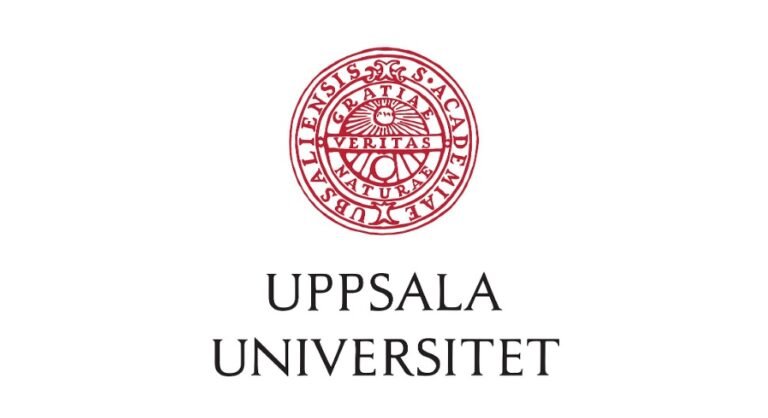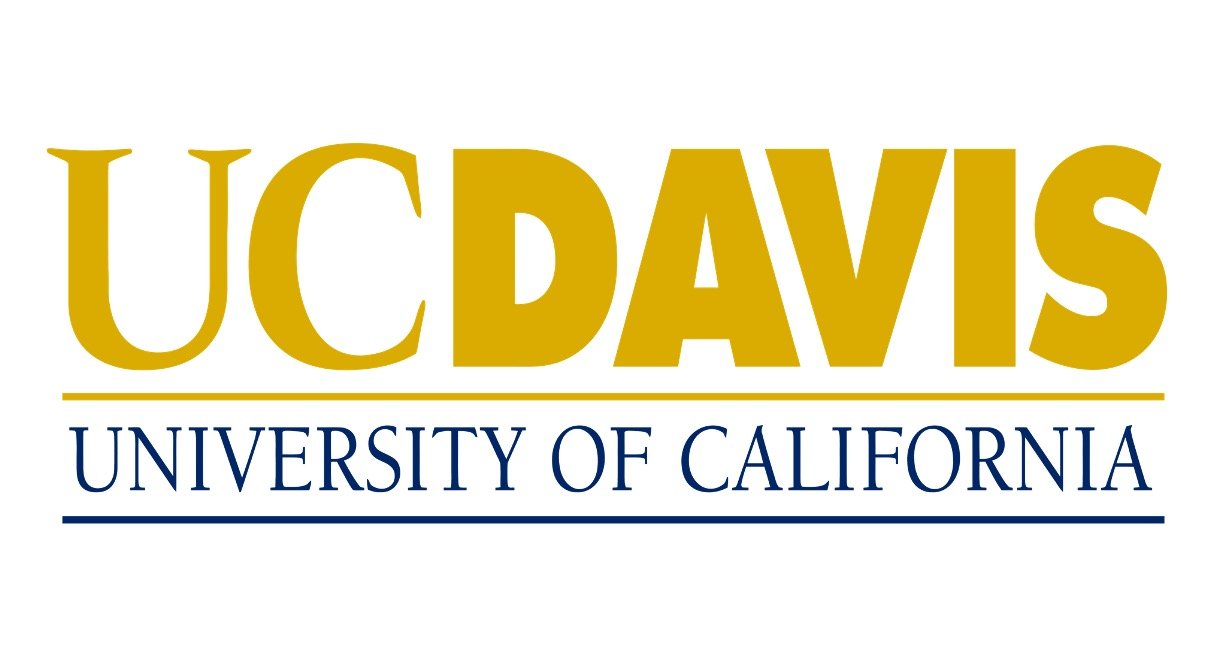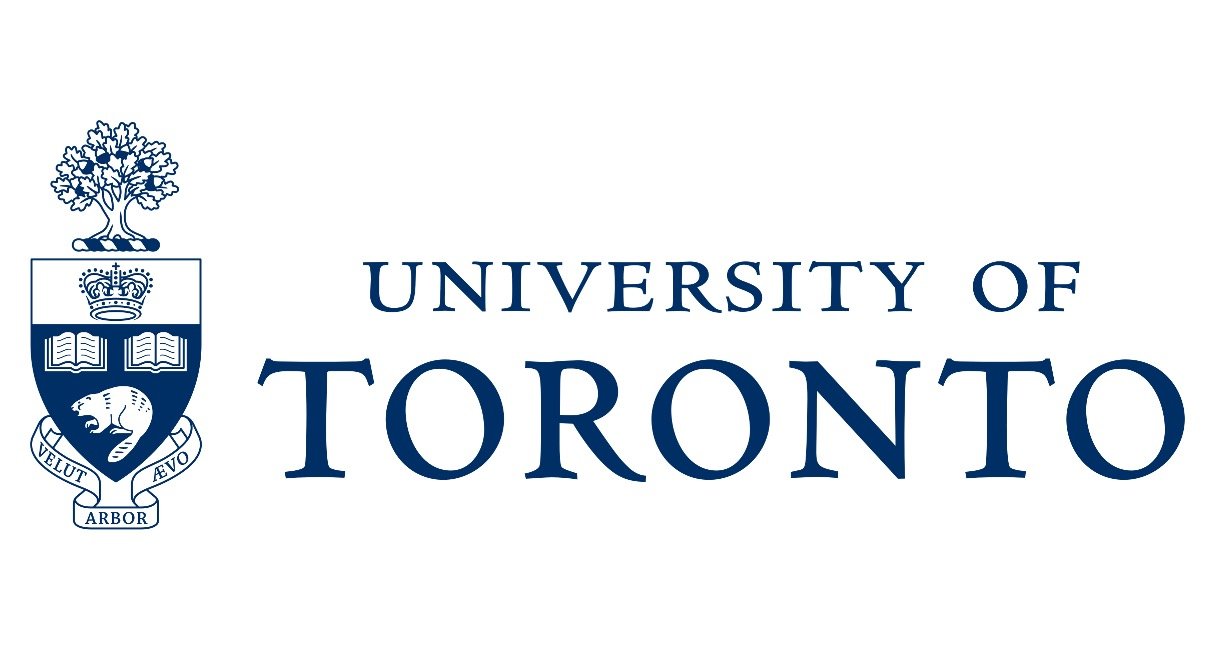Oslo Metropolitan University is Norway’s third largest university with almost 22,000 students and over 2,500 employees. We have campuses in central Oslo and at Romerike. OsloMet educates students and conducts research that contributes to the sustainability of the Norwegian welfare state and the metropolitan region.
Faculty of Social Sciences offers study programmes within archivistics, library and information science, journalism and media studies, social work, social policy and child welfare, public management and business. The faculty has about 4200 students and nearly 280 members of staff.
The department has approximately 1250 students and 90 employees, and offers study programmes on bachelor’s, master’s and PhD level.
Call for Expression of Interest for a joint application development under the EU Marie Skłodowska-Curie Action European Postdoctoral Fellowship
OsloMet invites interested researchers of any nationality, fulfilling the eligibility requirements for the fellowship, to express their interest in developing an application for a two-year project at OsloMet, funded by the Marie Skłodowska Curie European Postdoctoral Fellowship 2025 (Call: HORIZON-MSCA-2025-PF-01-01)
Area of research for the project proposals
Over the past decades, approaches to social research have undergone significant changes, with an increasing emphasis on intensive collaboration between researchers and the stakeholders involved in the fields under study. While action research has a longer tradition, new collaborative models, such as citizen science, knowledge translation, co-creation, inclusive outreach, and responsible research and innovation, have gained prominence. This shift reflects broader changes in the production of knowledge and its role in society, where research is increasingly shaped by expectations of societal relevance, interdisciplinarity, ethical accountability, responsiveness to societal needs and challenges, and the delivery of societal impact. The emerging framework is referred to as transformative social science.
In the field of social research, these new collaborative models often involve users of social services in research on service development, for example, through advisory user panels or even as active co-researchers. Initiatives such as ‘living labs,’ located outside academic campuses and closer to the public, aim to enhance connections and foster involvement between citizens and research. Furthermore, research stakeholders are increasingly involved in defining research questions, co-developing methodologies, interpreting findings and disseminating results.
This research area invites proposals exploring the contribution and sustainability of such collaborative research models in creating positive changes within welfare fields. Potential topics include, but are not limited to:
- To what extent do collaborative research models achieve their goals of bringing about meaningful societal improvements, and what factors contribute to sustaining these improvements beyond the duration of the project?
- How do these models balance between stakeholder influence and the preservation of research quality, integrity, and independence?
- What are the conditions for collaborative research to democratize knowledge production in the field of social research?
- How do broader developments, such as the modern knowledge economy, influence the conditions for knowledge production and application in social work and social research?
Candidates are encouraged to propose projects – based on qualitative, quantitative, or mixed-method approaches – that critically engage with these themes. Projects should align with the department’s focus on social work, child welfare, and social policy.
Supervision and support
Successful candidates will be supervised by an experienced researcher from the unit on Globalisation and Social Sustainability, possessing relevant expertise and a complementary research profile aligned with the candidate’s interests. The supervisor will provide guidance and support in developing the MSCA project.
Starting date of the fellowship
Evaluation results for the MSCA-PF-2025 applications are communicated by the EU Commission in February 2026. Successful applicants can start the fellowship earliest in April 2026, given that they can move to Norway at that time, and no later than winter 2026.
Expected qualification of applicants
Eligibility requirements:
- The applicant should have a PhD degree in Social Work, Social Policy, Sociology, Political Science, or related fields by the end of June 2025.
- The applicant must have a maximum of eight years of research experience, from the date of the award of their PhD degree. Experience outside research and career breaks will not count towards the above maximum, nor will experience in research in third countries, for nationals or long-term residents of EU Member States or Horizon Europe Associated Countries who wish to reintegrate to Europe.
- The applicant must not have resided or carried out their main activity (work, studies, etc.) in Norway for more than 12 months in the 36 months immediately before the call deadline, 10 September 2025
- Must be able to relocate to Norway. Teleworking will not be permitted.
We are looking for applicants who have
- Expertise: Solid understanding of social sustainability, solidarity, trust, and their application in social work and policy.
- Methodological Skills: Proficiency in qualitative and/or quantitative research methods.
- Research Excellence: Strong publication record and evidence of independent research capabilities.
- Commitment: Dedication to developing a competitive MSCA-PF grant application.
- Collaboration Skills: Open, cooperative nature with strong independent work abilities.
- Language Proficiency: Excellent command of spoken and written English.
Application process
We invite experienced, curiosity-driven researchers to submit:
- CV (including research track record and list of publications)
- One-page project description outlining the project idea for the MSCA-PF grant application
These documents will serve as the basis for selecting up to two candidates with whom we will collaborate to develop competitive MSCA-PF proposals. The cooperation for proposal development will be conducted remotely, with regular communication via email and virtual meetings. Successful EU-funded applicants must relocate to work at the Department of Social Work at OsloMet’s main campus in Oslo.
Assessment and selection of candidates
Applications will be evaluated based on qualifications and project ideas.
Shortlisted candidates will be invited for a virtual interview. Up to two candidates will be invited to develop the full MSCA-PF application with OsloMet’s support.
Candidates will be informed of the results no later than 20.04.2025.
Original qualification documents must be presented if invited for an interview. All documents, including your proposal idea, will be handled in full confidentiality and in strict compliance with GDPR regulations.
Selected candidates must participate in the virtual masterclass on MSCA-PF, a two-day workshop organised by OsloMet on 28-29 April 2025 to provide applicants with detailed information and explanation of the application template to complete their proposal in compliance with the EU Commission requirements.
Employment at OsloMet
Successful applicants who obtain a MSCA-PF grant will be offered a position at OsloMet to be hired as researchers to implement their proposed research project.
We offer:
OsloMet assists in developing competitive MSCA Postdoctoral Fellowship proposals.
To applicants who are awarded the MSCA-PF grant, we offer:
- Work Environment: Inclusive, friendly, and flexible working conditions.
- Networking: Access to a unique academic network to pursue academic goals.
- Language Classes: Norwegian language instruction.
- Relocation Assistance: Onboarding support for relocation and related services.
Remuneration:
- Type of employment: Temporary position
- Contract type: Full time
- Gross Annual Salary: Approx. EUR 70,000 (including obligatory income tax and employer’s national insurance contributions)
- Starting day of employment (expected): Flexible between April 2026 and September 2027
- Working hours: 37.5 hours/week
OsloMet has implemented the Charter for researchers and been granted the HR Excellence in Research (HRS4R) by the EU Commission and is part of the EU network for mobility of Researchers EURAXESS. OsloMet International Staff Services will assist you during your relocation to Norway and practical information about this can be found at our website Work for Us and EURAXESS Norway.
Contact
Asgeir Falch-Eriksen, Head of Globalisation and Social Sustainability, asgeirer@oslomet.no
Ivan Harsløf, Associate Professor, ivaha@oslomet.no
Hanna Karv, Head of research support, hanna.karv@oslomet.no
OsloMet is a Charter & Code certified institution by the EU Commission holding the right to use the logo HR Excellence in Research (HRS4R). OsloMet is a member of the EURAXESS network supporting a positive work environment for researchers in motion.
OsloMet has signed The Declaration on Research Assessment (DORA). DORA recognizes the need to improve the ways in which the outputs of scholarly research are evaluated.
The engagement is to be made in accordance with the regulations in force concerning State Employees and Civil Servants, and the acts relating to Control of the Export of Strategic Goods, Services and Technology. Candidates who are seen to be in conflict with the criteria in the latter law will not be considered for the position.
Visit OsloMet at LinkedIn, Facebook, Instagram
- Type of employment:
- Temporary employment for a period of 2 years with a view to an extension of the temporary employment
- Contract type:
- Full time
- First day of employment:
- 2026
- Salary:
- EUR 70,000
- Number of positions:
- 1
- Working hours:
- 100%
- City:
- Oslo
- County:
- Oslo
- Country:
- Norway
- Reference number:
- 24/27400
- Contact:
- Asgeir Falch-Eriksen, +4794861084
Ivan Harsløf, +4767238183
Hanna Karv, +4767237148
- Published:
- 09/12/2024
- Last application date:
- 31/01/2025, 23:59
